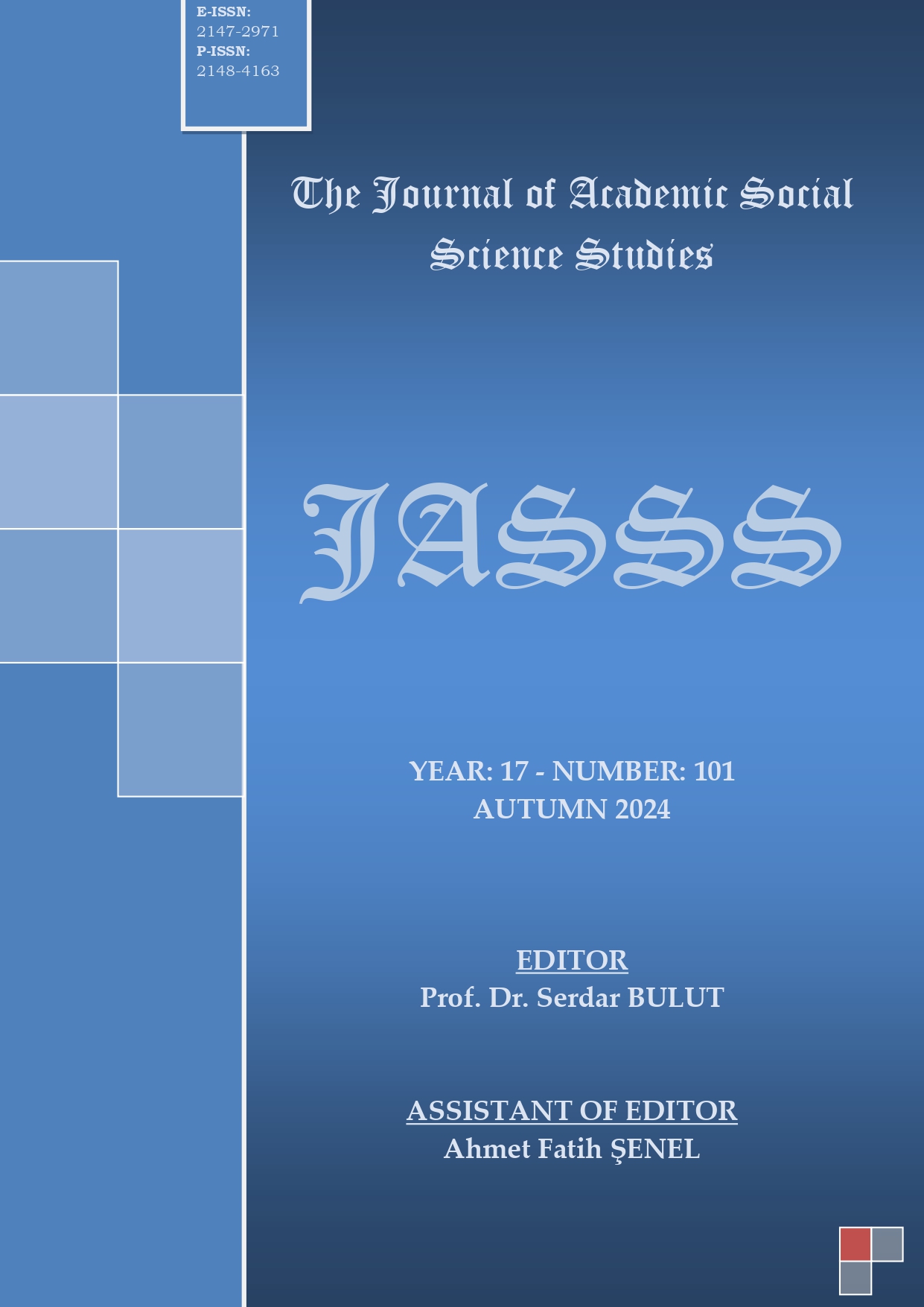Author :
Abstract
Küçük bir beylikten büyük bir devlete uzanan ve 14.yüzyıldan başlayarak 20.yüzyılın ilk çeyreğine kadar yaklaşık 600 yıllık bir dönemde siyasi varlığını sürdüren Osmanlı İmparatorluğu, özellikle 16.yüzyılda Batılı devletlere ticareti artırma, siyasal yakınlık kurma vb çeşitli amaçlarla önemli imtiyazlar vermiştir. Kapitülasyon olarak adlandırılan bu imtiyazlar her ne kadar öncelikli olarak ticaret alanında kendini göstermekte olsa da idari ve adli alanda da uygulama alanı bulmuştur. Özellikle 19.yüzyıldan itibaren Osmanlı Devleti’nin eski gücünü kaybetme sürecine paralel olarak idari alanlardaki uygulama örneklerinin, sadece nicelik değil nitelik olarak da artmakta olduğu görülmektedir. Kapitülasyonların iktisadi alanda farklı bir yapıya bürünmesi Baltalimanı Anlaşması ile olurken, adli/idari alanda farklı bir yapıya bürünmesi ise Koruma (Protege) Sistemi ile olmuştur. Başlangıç yıllarında sadece yabancı devlet vatandaşları için geçerli olan Koruma Sistemi zamanla Osmanlı vatandaşları için de kullanılmaya başlanmış ve belirli bir zaman sonra devletin yönetim geleneğindeki düşünce ve eylem kalıplarını değiştirecek noktaya gelecek kadar etkili olmuştur. Bu çalışmada kapitülasyonların etkileri ticaret ve adli/idari alandaki etkileri olarak iki başlığa ayrılarak incelenecektir. Adli ve İdari alandaki uygulamaların kısmen de olsa birbirlerinden beslenen uygulamalar olması bu iki alandaki uygulamaları tek başlık olarak inceleme düşüncesinin temelini oluşturmaktadır. Bu düşünce ile şekillendirilen bu çalışmada, kapitülasyonların belirtilen başlıklardaki etkisi ve uzun yıllardır söz konusu olan uygulama pratiklerini dönüştürmesine ilişkin değerlendirmelerin ana hatlarıyla genel bir çerçevesi oluşturulmaya çalışılacaktır.
Keywords
Abstract
The Ottoman Empire, which extended from a small principality to a great state and maintained its political existence for a period of approximately 600 years starting from the 14th century until the first quarter of the 20th century, granted important privileges to Western states, especially in the 16th century, for various purposes such as increasing trade, establishing political intimacy, and so on. Although these privileges, called capitulations, primarily manifested themselves in the field of trade, they also found application in the administrative and judicial fields. Especially from the 19th century onwards, in parallel with the process of the Ottoman Empire's loss of its former power, it is seen that the examples of applications in administrative areas have been increasing not only in quantity but also in quality. While capitulations took on a different structure in the economic field with the Baltalimanı Treaty, they took on a different structure in the judicial/administrative field with the Protege System. The Protege System, which was valid only for the citizens of foreign states in the early years, started to be used for Ottoman citizens in time and after a certain period of time, it became effective enough to change the patterns of thought and action in the administrative tradition of the state. In this study, the effects of capitulations will be analyzed under two headings: trade and judicial/administrative effects. The fact that the practices in the judicial and administrative fields are partially fed by each other constitutes the basis of the idea of analyzing the practices in these two fields under a single heading. In this study, which is shaped with this idea in mind, an attempt will be made to create a general framework for the evaluations regarding the impact of capitulations on the aforementioned topics and the transformation of the practices that have been in question for many years.





